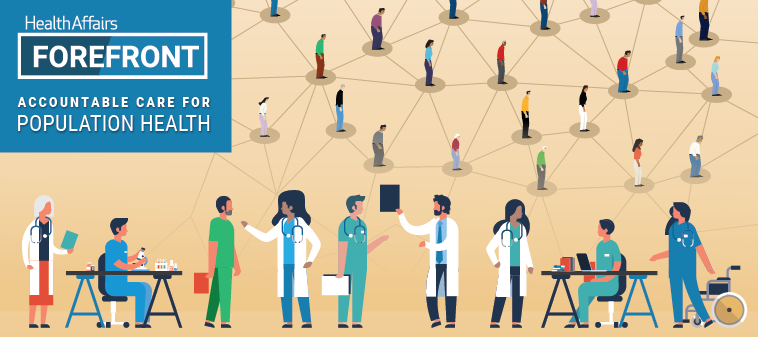

The US health care system generates as much as 9 percent of the country’s total greenhouse gas emissions. Greenhouse gas emissions linked to the sector have also risen by 6 percent from 2010 to 2018, exceeding one ton per capita, the highest among industrialized nations. Significantly, the US health sector accounts for 27 percent of the global health-sector climate footprint, suggesting that the need for decarbonization is acute. The health sector’s contribution to the climate footprint is also concerning as sudden changes in temperature, irregular patterns of rainfall, extreme weather events, and rising sea levels caused by anthropogenic climate change adversely impact population health. The urgency of response stems from the scale of the health sector’s emissions and the need for rapid and significant reductions in emissions to mitigate climate-related health risks.
As such, reducing carbon emissions and fostering climate resilience in their catchment areas should be a core priority for major hospital systems in the US. This is particularly true for hospital systems serving communities that are socially vulnerable as climate change’s impact on population health outcomes varies based on a population’s demographic features, often disproportionately affecting socially vulnerable groups and accentuating preexisting population health disparities.